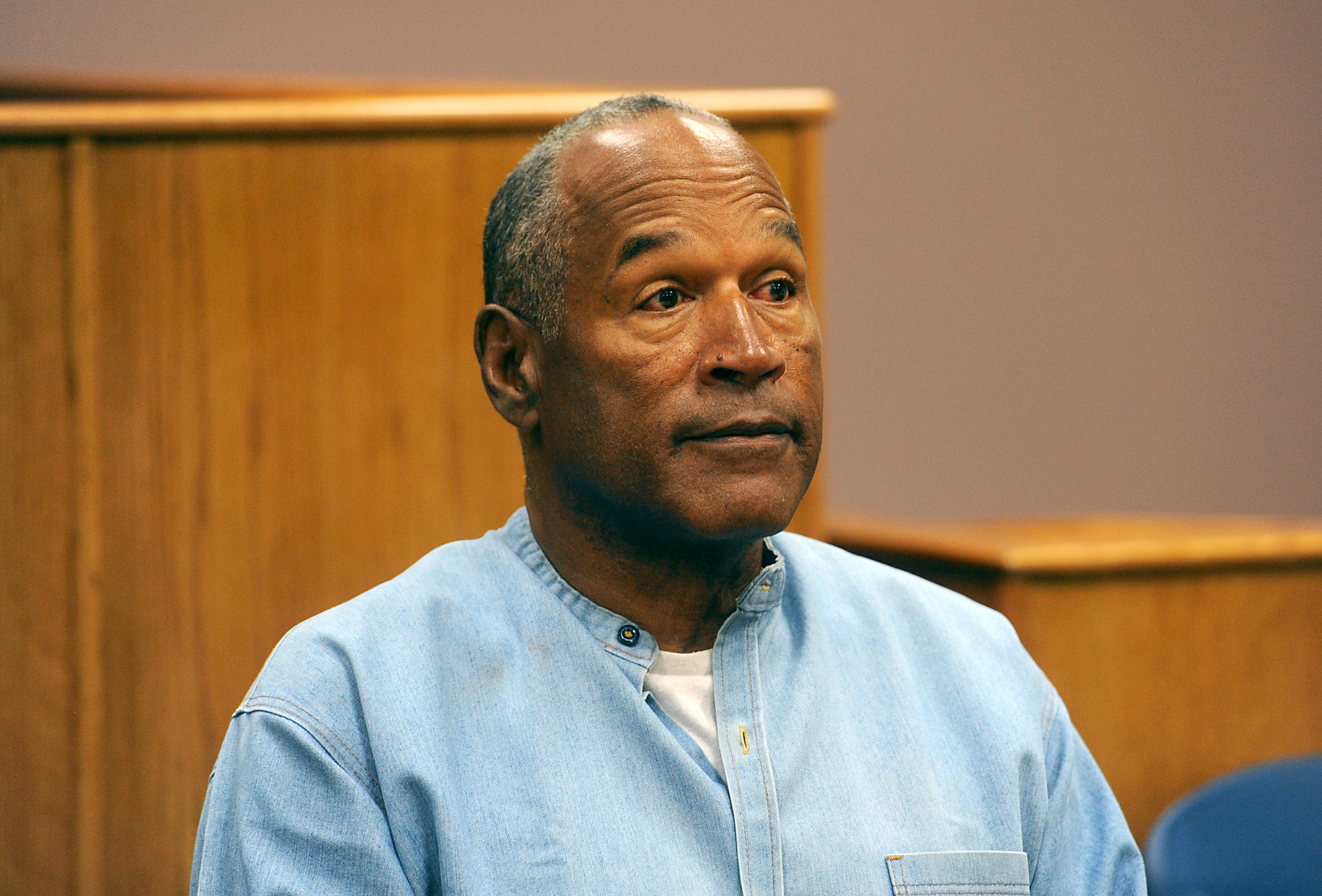Philippine President Rodrigo Duterte declared a "state of lawlessness" Saturday after suspected Abu Sayyaf extremists detonated a bomb that killed 14 people and wounded about 70 in his southern hometown.
Duterte, who inspected the scene of Friday night's attack at a night market in downtown Davao city, said his declaration that covers the southern Mindanao region did not amount to an imposition of martial law. It would allow troops to be deployed in urban centers to back up the police in setting up checkpoints and increasing patrols, he said.
An Abu Sayyaf spokesman, Abu Rami, claimed responsibility for the blast near the Jesuit-run Ateneo de Davao University and a five-star hotel, but Duterte said investigators were looking at other possible suspects, including drug syndicates, which he has targeted in a bloody crackdown.
"These are extraordinary times and I supposed that I'm authorized to allow the security forces of this country to do searches," Duterte told reporters at the scene of the attack, asking the public to cooperate and be vigilant.
"We're trying to cope up with a crisis now. There is a crisis in this country involving drugs, extrajudicial killings and there seems to be an environment of lawless violence," said Duterte, who served as mayor of Davao for years before elected to the presidency in June.
The attack came as Philippine forces were on alert amid an ongoing military offensive against Abu Sayyaf extremists in southern Sulu province, which intensified last week after the militants beheaded a kidnapped villager. The militants threatened to launch an unspecified attack after the military said 30 of the gunmen were killed in the weeklong offensive.
Some commanders of the Abu Sayyaf, which is blacklisted by the United States and the Philippines as a terrorist organization for deadly bombings, ransom kidnappings and beheadings, have pledged allegiance to the Islamic State group. The military, however, says there has been no evidence of a direct collaboration and militant action may have been aimed at bolstering their image after years of combat setbacks.
U.S. & World
Communications Secretary Martin Andanar said the bomb appeared to have been made from a mortar round and doctors reported many of the victims had shrapnel wounds.
Despite the emergency, Duterte said he would proceed with a trip to Brunei, Laos and Indonesia starting on Sunday. At an Asian summit in the Laotian capital of Vientiane, Duterte said in jest that most of the leaders he would meet, including President Barack Obama and Russian leader Vladimir Putin, have had a taste of terrorist attacks.
Witnesses initially gave conflicting accounts, according to police, with some saying that a cooking gas tank exploded at a massage section and food stalls of the night market while others suggested it may have been some kind of an explosive.
Police immediately set up more checkpoints in key roads leading to the city, a regional gateway about 980 kilometers (610 miles) south of Manila. Police forces in the capital also went on full alert at midnight.
TV footage showed bodies lay scattered amid plastic chairs strewn about at the scene of the blast moments after the blast, which was heard several blocks away. Ambulance vans drove to and from the area.
U.S. National Security Council spokesman Ned Price said in a statement that local authorities in the Philippines continue to investigate the cause of the explosion, and the United States stands ready to provide assistance to the investigation.
Obama will have an opportunity to offer his personal condolences to Duterte when the two leaders plan to meet on the sidelines of the annual summit of the Association of Southeast Asian Nations leaders with some Western leaders in Laos next week, Price said.



